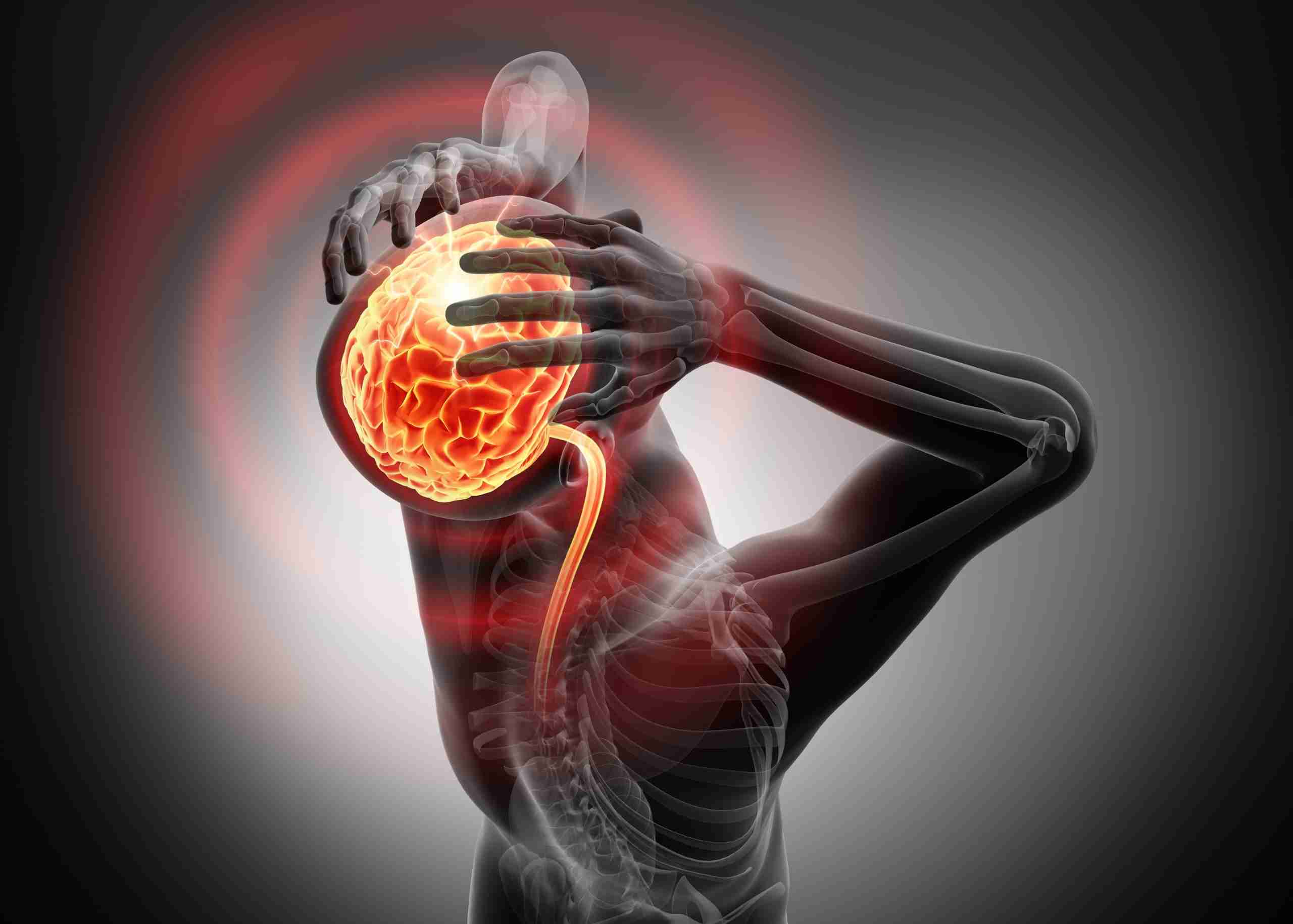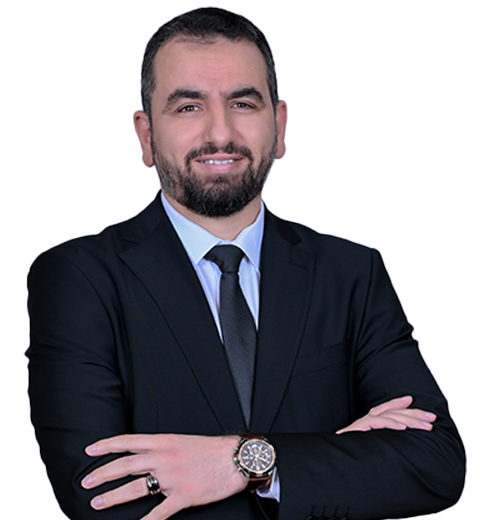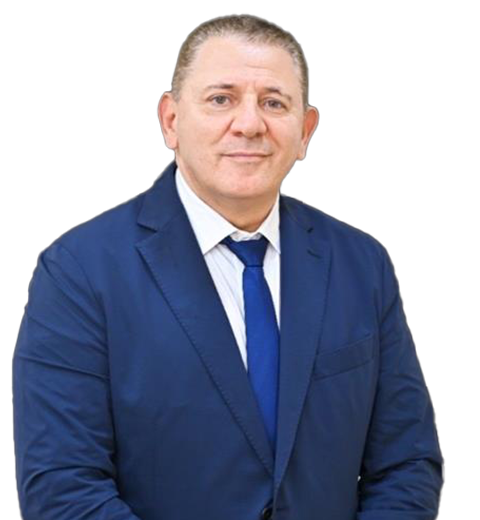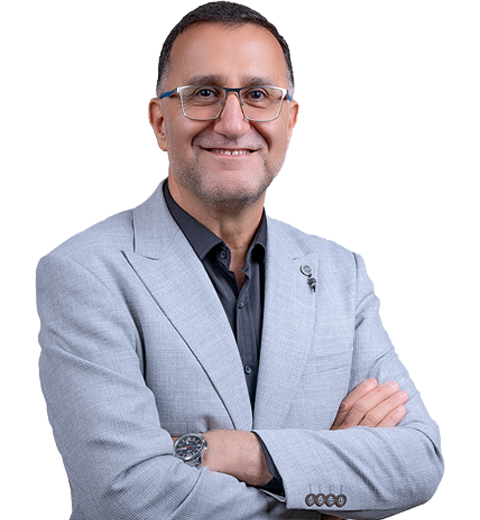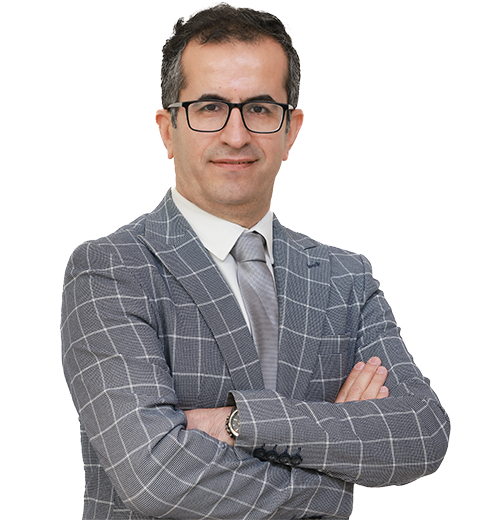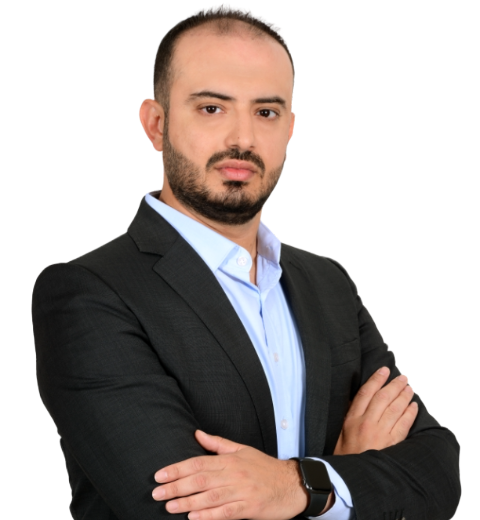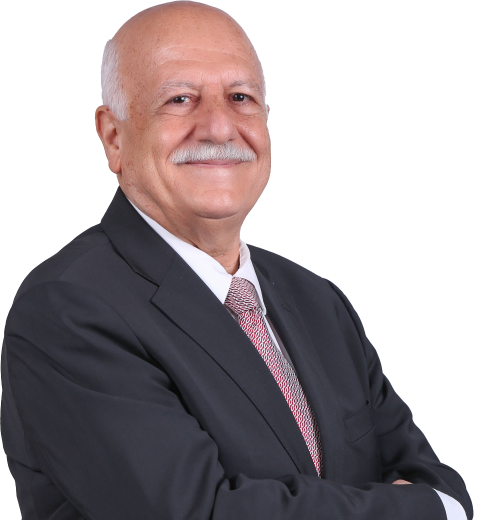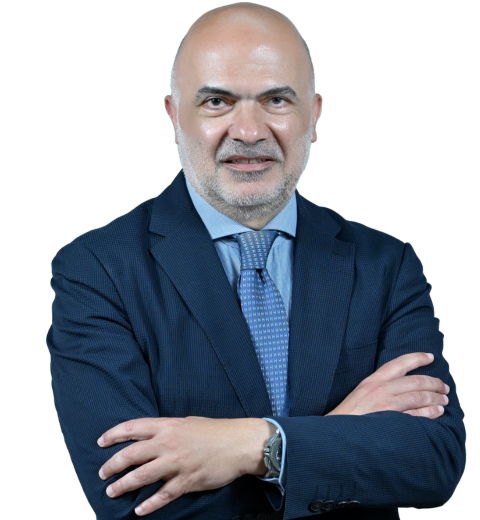What is Idiopathic Intracranial Hypertension?
Idiopathic intracranial hypertension, or IIH, is a condition that causes increased pressure inside the skull. This pressure can cause severe headaches and vision problems. It is also known as pseudotumor cerebri and benign intracranial hypertension. IIH is a rare but essential disease associated with significant morbidity.
The condition was first described in 1897, though its cause remains unknown. About 2 per 100,000 people have newly affected annually, most commonly affecting women aged 20–50. Females are affected about 20 times more often than males.
The pathophysiology of IIH involves dysregulation of CSF dynamics and venous sinus pressure. After circulating through the body, CSF usually is reabsorbed into the body through blood vessels; however, if too much fluid is produced or not enough is reabsorbed, the CSF can build up and cause pressure within the skull, which is an enclosed space.
What Causes Idiopathic Intracranial Hypertension?
The exact cause of idiopathic intracranial hypertension is unknown. Still, it’s thought that several factors can cause the increased pressure
- Obesity
- Head trauma or injury
- Birth control pills and certain medicines
Who is at Risk for Idiopathic Intracranial Hypertension?
In most cases, it affects people between 20 and 40 years old who are female. However, it also affects some children and men. It is unclear why this condition occurs or how to prevent it from happening again. People at risk for idiopathic intracranial hypertension include
- People who are overweight
- Have a history of head trauma
- Have a genetic predisposition to the condition
What are the Symptoms of Idiopathic Intracranial Hypertension?
The symptoms of idiopathic intracranial hypertension (IIH) can vary from person to person. In addition to headaches, the most common symptoms include:
- Pain in the back of the head or neck
- Blurred vision or loss of vision
- Dizziness or vertigo
- Double vision
- Trouble focusing on the eyes
- Nausea or vomiting
- A stiff neck
How is IIH Diagnosed?
TTo diagnose IIH, a Neurologist will perform a physical examination after taking the patient’s medical history.
Comprehensive Eye Exam. The doctor may order a comprehensive eye exam, including checking for papilledema ((swelling of the part of the optic nerve (optic discs)). Suppose there’s a strong suspicion of IIH based on symptoms and the exam results. MRI of the brain as well as MRA of the head and/or CT cerebral venography should be requested as part of the required investigations.
A Lumbar Puncture (Spinal Tap). During this procedure, the doctors insert a needle into the lower back , in the lumbar region. During a lumbar puncture, a needle is inserted into the space between two lumbar bones (vertebrae) to remove a sample of cerebrospinal fluid. The amount of fluid removed will be measured (measurement of CSF pressure.), which allows doctors to determine whether the patient has excess cerebrospinal fluid in the head or not. The test is diagnostic and therapeutic as well.
What are the Complications of IIH?
The complications of idiopathic intracranial hypertension are numerous and can be dangerous. The most common complication of IIH is papilledema—swelling of the optic disk caused by increased pressure inside the skull. Papilledema can cause vision loss if left untreated, but it usually resolves once IIH is treated.
How is Idiopathic Intracranial Hypertension Treated?
IIH is treated with medications and lifestyle changes.
First, the doctor will prescribe medications to help relieve the pressure around the brain and on the optic nerve.
Sometimes, an individual may need surgery to treat idiopathic intracranial hypertension. Surgery is done to remove excess cerebrospinal fluid from around the brain and spinal cord.
Individuals who have signs of IIH must see a doctor immediately. Untreated IIH can cause permanent vision damage, so it’s essential to find out what’s causing the symptoms and get treatment as soon as possible. Our expert Neurologists at Burjeel Hospital, Abu Dhabi, provide comprehensive care for patients with IIH and offer specialized treatments including medications and surgery to help manage this condition.
Our Expert Neurologist
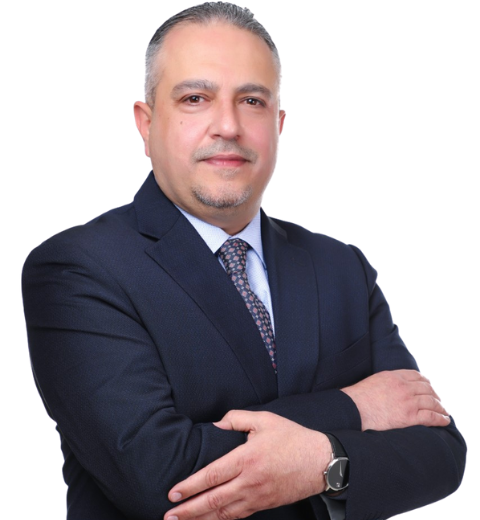
Dr. Atta Ghassan Al Khaznaji
Head of Neurology Department | Specialist Neurology
Burjeel Hospital, Abu Dhabi
